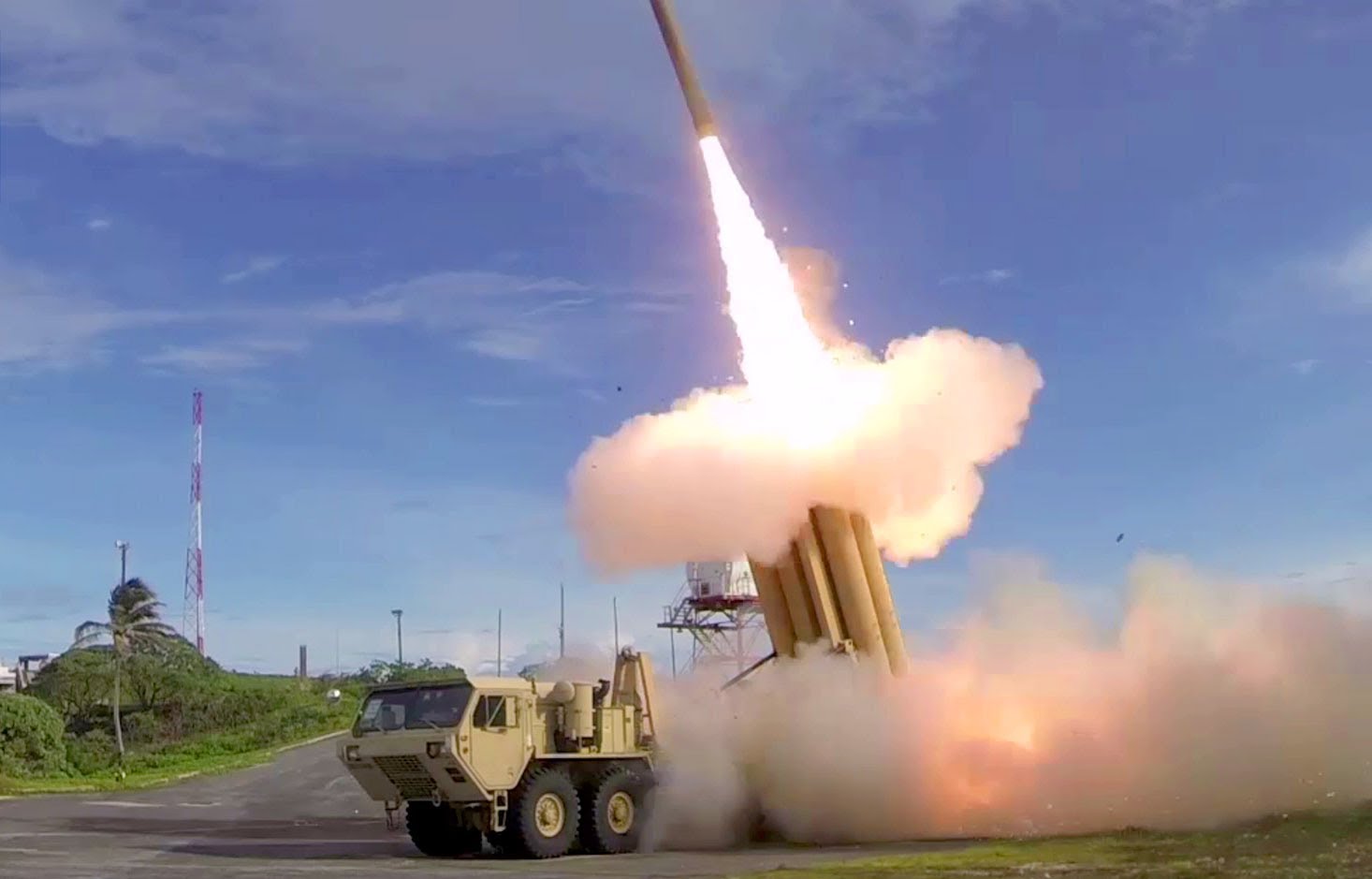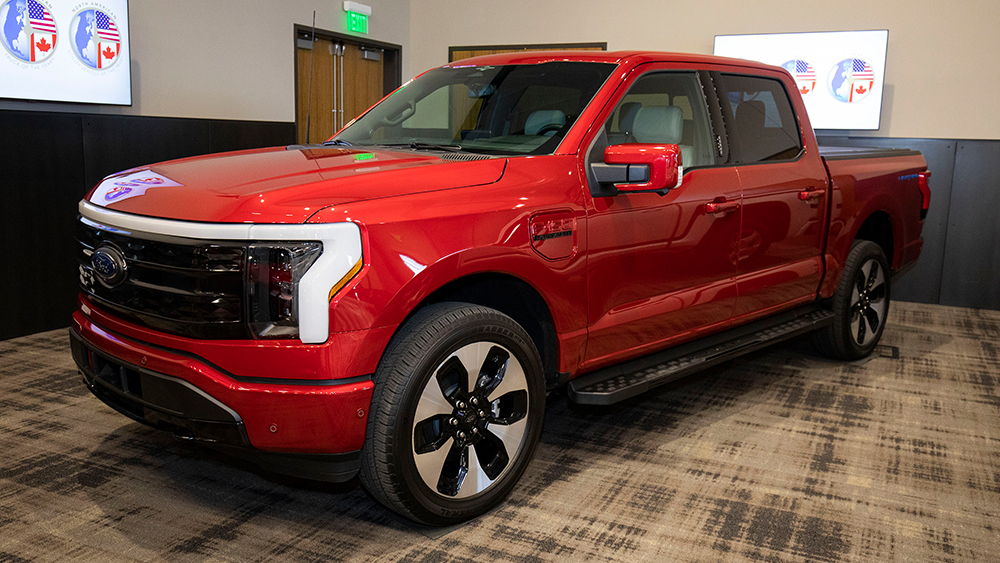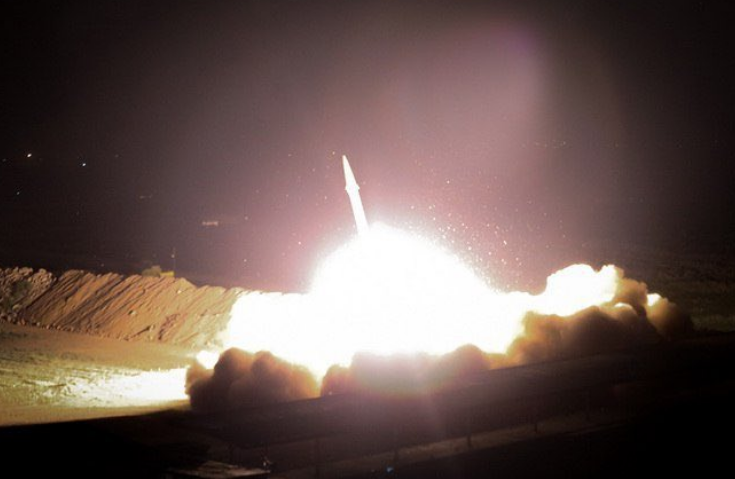Toyota issues “do not drive” advisory for 50,000 U.S. vehicles due to faulty Takata airbag inflators
02/02/2024 / By Laura Harris

Toyota Motor Corporation has advised owners of approximately 50,000 vehicles in the United States not to drive their cars due to potentially deadly Takata airbag inflators.
The advisory, released on Jan. 25, specifies a range of affected models, including certain 2003-2004 Corollas, 2003-2004 Corolla Matrix and 2004-2005 RAV4s equipped with defective Takata airbag inflators.
“Owners should not drive these vehicles until the free safety recall repair has been conducted. Toyota urges owners to contact their local dealer instead of driving their vehicle to be repaired,” Toyota said in a media statement.
According to Toyota, the affected vehicles fall into two categories: the RAV4 recall specifically involves the driver-side airbag, while the recalls for Corolla and Corolla Matrix models pertain to the front passenger airbag. Some Corolla and Corolla Matrix models are also subject to a second notice due to concerns that the airbag could deploy without the impact of a crash.
Toyota advises owners not to drive these vehicles until the necessary safety recall repair has been conducted. The company urges affected individuals to contact their local Toyota dealer immediately for assistance, providing options such as arranging a tow, mobile repair or other alternatives that do not involve driving the vehicle. An online tool is also available for owners to check if their vehicle is part of the recall.
The do not drive advisory follows a series of similar warnings from other automakers, including Honda and Chrysler parent company Stellantis. (Related: HAZARDOUS AIRBAG: General Motors faces recall of 20 million vehicles.)
Takata airbag issue has been haunting the automotive industry for over a decade
The Takata airbag issue has been haunting the automotive industry for over a decade now, resulting in the largest auto safety recall in history.
The Takata airbag issue first surfaced in 2013, triggering a domino effect of recalls by more than 20 automakers globally and encompassing a staggering 100 million inflators. The problem lies in the propellant of the infiltrator, volatile ammonium nitrate, which can deteriorate over time, especially when exposed to high temperatures and humidity. This degradation can lead to an explosive deployment upon activation, propelling shrapnel into the vehicle cabin and causing severe injuries or fatalities.
The Takata airbag crisis reached its nadir in 2017 when Takata Corporation filed for bankruptcy. Investigations revealed the use of ammonium nitrate as a propellant, and subsequent recalls unveiled the magnitude of the safety hazard.
Since 2009, these faulty Takata airbags have been linked to at least 33 deaths worldwide, with 24 of them occurring in the United States.
Learn more about cars and their possible defects at RoboCars.news.
Watch this video that talks about the electric car scam.
This video is from the KevinJJohnston channel on Brighteon.com.
More related stories:
EV owners complain about “logistical nightmare” caused by lack of charging stations.
Ford halts production and shipping of F-150 Lightning EV due to unspecified battery issue.
Biden infrastructure bill includes provision to install KILL SWITCHES in new cars beginning in 2026.
Trial involving Tesla’s autopilot could decide if tech or driver is responsible for fatal crashes.
Sources include:
Submit a correction >>
Tagged Under:
airbags, automobiles, car safety, cars, chemicals, Dangerous, future tech, inventions, products, public safety, safety issues, Takata, Takata airbags, Toyota, transportation, vehicle safety, vehicles
This article may contain statements that reflect the opinion of the author
RECENT NEWS & ARTICLES
COPYRIGHT © 2017 FUTURETECH.NEWS
All content posted on this site is protected under Free Speech. FutureTech.news is not responsible for content written by contributing authors. The information on this site is provided for educational and entertainment purposes only. It is not intended as a substitute for professional advice of any kind. FutureTech.news assumes no responsibility for the use or misuse of this material. All trademarks, registered trademarks and service marks mentioned on this site are the property of their respective owners.




















